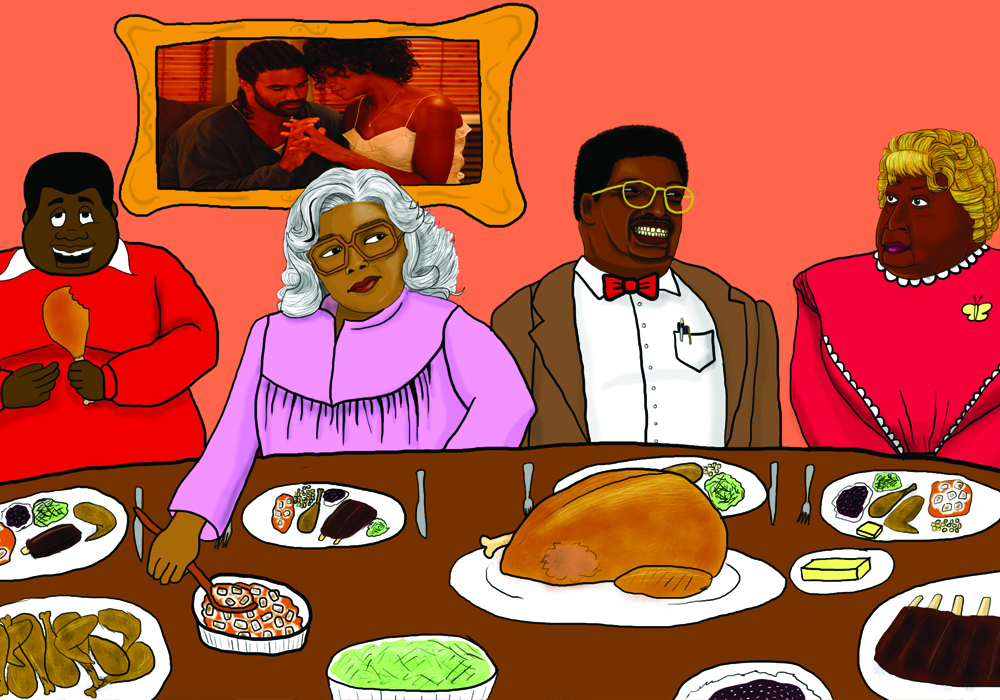Shakil Mizra
Contributor
Nowadays, stereotypical black comedies involve the same plot with similar protagonists and themes. If not comedies, then melodramatic films that revolve around street-life, adversity, and run-ins with the criminal justice system, recycled with the same conventional narratives. The Oscars award black actors and actresses for playing unglorified, impoverished roles.
Halle Berry is the first and only black woman to receive an Academy Award for Best Actress in a Leading Role for her portrayal of Leticia Musgrove in Monster’s Ball. Yet, in her role she deals with abuse, sexual violence, and grief. Octavia Spencer received many accolades for her portrayal of Minny Jackson, a mistreated maid, in The Help. Again, another black actress applauded for her ability to channel insubordination and inferiority. Denzel Washington received an Academy Award for his portrayal of Alonzo Harris in Training Day, a corrupt cop in gang-ridden Los Angeles.
Like the two previous roles, Washington isn’t uplifting or flattering. Sidney Poitier, Louis Gossett Jr., Whoopi Goldberg, Cuba Gooding Jr., Jamie Foxx, and Morgan Freeman have all been commended for playing slaves, whores, bad cops, maids, butlers, and other demeaning roles, yet you wouldn’t see Jennifer Lawrence with her $52 million a year salary being nominated for playing a strong willed maid. So why are such conventional and restricting roles reserved and perpetuated for black actors and actresses?
The same setbacks persist in black comedies. The irony is evident: black cops are used as comic relief in cop films. A team of researchers at Indiana State University viewed 240 hours worth of film, in which over half of those films, the black officers were portrayed to make the audience laugh. Franklin Wilson, one of the researchers said, “Quite honestly, it’s eye-opening. You can watch a film and see one thing here or there, but when you watch 40 years worth of films, you can start seeing a pattern develop.”
The study situates instances of black comedy in a history that is problematic. In so many ways, the trope of the black cop or the funny black sidekick exists solely as comic relief. They aren’t characters but means to cheap comedic ends. However, the history of black culture is more than just an oversimplified scene in a movie, it is an important factor in shaping communities. Movies such as The Nutty Professor, Norbit, and the recurring fictional character Madea are one-dimensional attempts at black families that may appeal to black audiences, but don’t accurately represent them.
Humour is often cheap and quick, nothing like “black comedy.” Black comedy takes on a new meaning. Instead of being dark, satirical, and reflective, it becomes an escapist genre of clichés and melodrama, a way to not look at black realities.
Having black men dressing up as overweight black women should make viewers question what is being presented as funny. Audiences are meant to see the big sassy women as representations of exaggerated blackness and laugh, unaware of the stereotypical notions these images are based on.
What does it mean for black women to have their hair and clothes represented as costumes instead of important aspects of their culture? These black comedies present blackness as unattractive and expect black people to laugh.
There’s nothing funny about that. Whether it be the submissive slave or the awkward professor, we demand that films reflect and not trivialize the multidimensional experiences are our daily.


